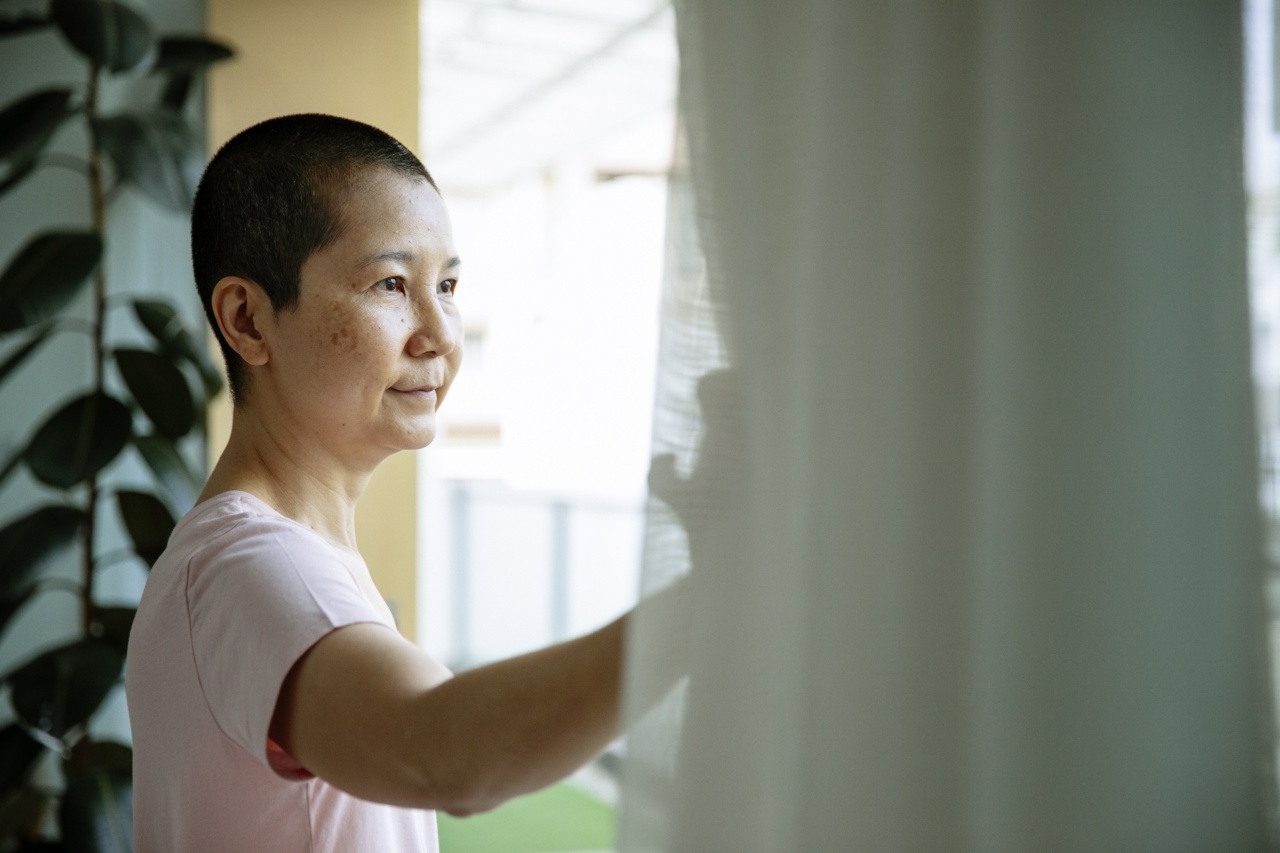Receiving a cancer diagnosis is a life-altering moment for both the patient and their caregivers. It brings forth a wave of emotions, including fear, anger, sadness, and uncertainty.
Coping with the emotional impact of cancer is an ongoing battle that requires a strong support system and access to mental health resources.
The Physical Challenges Faced by Cancer Patients
Cancer and its treatments often take a toll on the physical well-being of patients. The side effects of chemotherapy, radiation therapy, and surgeries can range from debilitating fatigue to severe pain.
Patients may experience hair loss, weight changes, and a weakened immune system, making them more vulnerable to infections and other complications.
The Role of Caregivers in the Cancer Journey
Caregivers play a crucial role in supporting and caring for cancer patients. They become responsible for managing medications, scheduling doctor’s appointments, and providing day-to-day assistance.
Caregivers often experience heightened stress, exhaustion, and a sense of emotional overwhelm as they witness the physical and emotional struggles faced by their loved one.
The Financial Burden of Cancer
Cancer is not only emotionally and physically challenging but also financially draining.
The cost of cancer treatment, including medications, hospital stays, and supportive care, can quickly accumulate, leaving patients and their caregivers burdened with significant medical expenses. This financial strain can lead to anxiety, bankruptcy, and limited access to necessary resources.
Support Systems for Cancer Patients and Caregivers
Coping with a cancer diagnosis requires a strong support system. Various resources are available to help both patients and caregivers navigate the challenges they face.
Support groups, counseling services, and online communities connect individuals who share a common experience, offering understanding, empathy, and practical advice.
The Importance of Self-Care and Mental Health
Cancer patients and their caregivers often focus their energy on physical well-being, neglecting their own mental health. It is crucial for both parties to prioritize self-care and seek professional help when needed.
Engaging in activities that provide emotional relief, practicing meditation or mindfulness techniques, and attending therapy sessions can significantly improve mental well-being.
Cancer Survivorship and Rehabilitation
Cancer survivorship is a journey in itself. After completing treatment, patients often struggle with the physical and emotional aftermath of their cancer experience.
Rehabilitation programs and survivorship clinics exist to aid in the recovery process, providing specialized care to address the long-term effects of cancer and improve quality of life.
Building Resilience in the Face of Cancer
Cancer diagnosis is undeniably challenging, but it also presents an opportunity for personal growth and resilience.
Finding meaning and purpose in the cancer journey, cultivating hope and positivity, and celebrating milestones, no matter how small, can help patients and caregivers build resilience and cope better with the challenges they encounter.
The Role of Palliative Care and Hospice
Palliative care focuses on providing relief from the symptoms and stress of serious illnesses, including cancer. It aims to improve the quality of life for both patients and caregivers, managing pain and ensuring emotional and spiritual support.
Hospice care, on the other hand, is specifically designed for individuals nearing the end of their lives, offering comfort and dignity during their final stages of cancer.
Advice for Supporting Loved Ones with Cancer
If you have a loved one diagnosed with cancer, there are various ways you can support them through this challenging time.
Offering a listening ear, providing practical assistance, being empathetic, and respecting their boundaries are essential in helping them feel understood and supported.
Coping with the Impact of Cancer on Daily Life
Cancer diagnosis brings drastic changes to daily life, affecting not only the patient but also their caregivers. It is important to acknowledge and address these changes openly.
Seeking assistance for daily tasks, finding ways to maintain a sense of normalcy, and allowing oneself to grieve and process the emotions that come with cancer can help individuals cope more effectively.





























